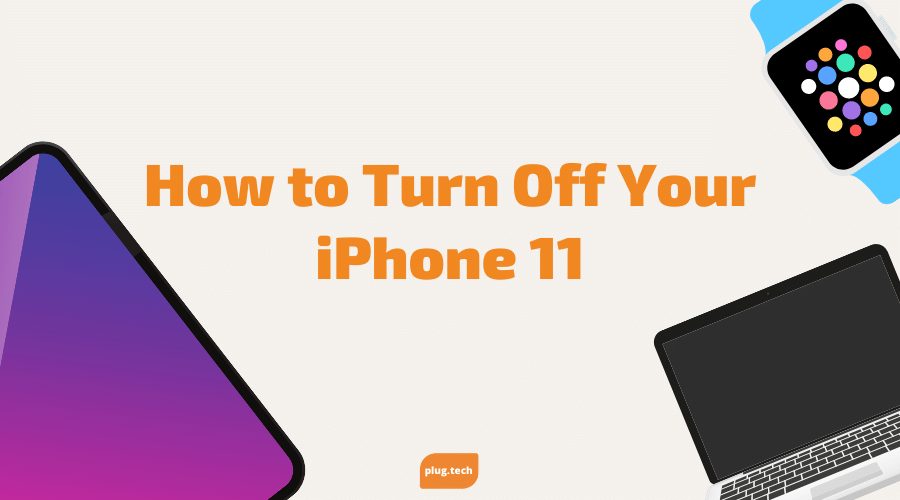
How to Turn Off Your iPhone 11
Updated on | 4 mins readIt’s tough to resist the temptation to leave your phone on. If you’re constantly passing your hand over that home button, checking the time on a whim, and generally using your phone all day long, it can be difficult to turn it off sometimes. But is it really a good thing to do? Well, yes and no. What you need to know is how and why you should be shutting down your iPhone 11 every night — and what the consequences of not doing so might be for your battery life, overall performance, and even security.
What is the best time to turn off your iPhone
You are probably aware of the fact that leaving your iPhone on overnight is not a good idea. But you might not have known that, if you do leave it on overnight, there is something you should absolutely do with it the next morning to help preserve its battery life. Thing is, most people don't realize that leaving your iPhone 11 turned on all night can actually be worse for your battery than turning it off in the first place. So then, what's so bad about leaving it on? Well, there is nothing inherently wrong with keeping your iPhone 11 on all night. What's not good is when you wake up and use it for an hour before turning it off and putting it back into Standby mode (which basically turns off everything except for a few basic functions). The reason why this could potentially be worse for your battery life than just letting the thing shut off at night (and then turning the screen on again in the morning) has to do with a metric called "deep sleep." Deep sleep refers to how much power the device uses while in standby mode; if you turn off your iPhone 11 at night and leave it alone until morning, it's likely to spend more time in this low-power state than if you left it on all night long.
Why is it important to shut down properly
The iPhone 11 has a lot of cool features, but it's not the most energy-efficient model. Apple says the iPhone 11 can go up to 14 hours on its highest battery life setting. But if you're pretty hard on your phone — you're on it a lot and you use a lot of apps — then you're probably going to want to shut it off at night or when you're not using it. In fact, if you leave your phone on, even if it's not being used, it will still be using power and draining your battery. To shut down your iPhone 11 properly, follow these steps: Press and hold the Side button until you see Slide to Power Off. Swipe right. Tap Shut Down. Your iPhone will turn off immediately when you tap Shut Down.
How do I shut off my mobile phone?
Turning off your iPhone 11 will also prevent it from going into a battery-saving mode, which can be done in the following way: Go to Settings and choose Battery. Now, you can turn off Low Power Mode and switch on the Background App Refresh. This is recommended for the proper functioning of iOS. Now head back to Settings and tap on General. Find Reset (at the bottom) and tap on it. Now, select Erase All Content and Settings to erase all content from your phone's memory. That's all there is to it; your iPhone 11 is now completely out of commission. Still, this process is pretty drastic and if you want to use your device again as soon as possible, do not forget to back up all data before starting this process.
Your battery will last longer if you follow these steps
So in the end, there’s really no reason not to shut down your iPhone 11 each night — unless it’s for a very good reason. There are inevitably going to be instances when you can’t shut your phone down right away, but if you start paying special attention to when you turn your phone on and off, it will start to become second nature. In other words, shut your phone off. It may seem counterintuitive at first, but think of it this way: if someone asked you to turn off a light, would you just leave it on? Of course not! Your iPhone is just like that light. So let’s put it out of its misery so that we can all get some sleep!







